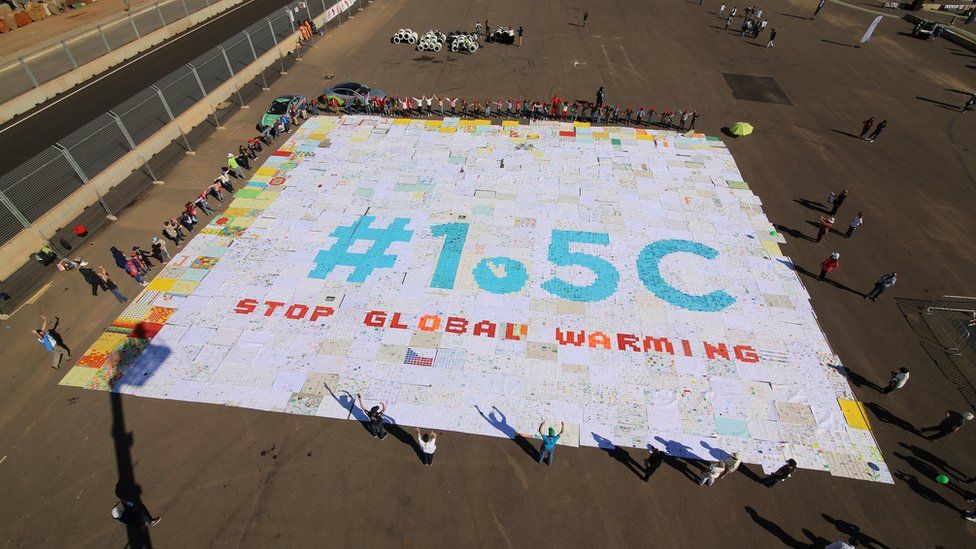
The world is facing a 50 percent chance of surpassing the 1.5 degrees Celsius threshold in the next five years. Here’s all you need to know about World Meteorological Organization’s (WMO) latest update.
Possibility of the hottest year ever by the end of 2026

In its annual report, the WMO warned that global temperatures may temporarily breach the benchmark of 1.5 degrees Celsius above pre-industrial levels within the next five years.
“The chance of global near-surface temperature exceeding 1.5C above pre-industrial levels at least one year between 2022 and 2026 is about as likely as not,” stated the UN’s WMO. According to the organization, there is a 48 percent likelihood for the temperatures to increase.
There is a 93% chance that the world will set a record for the hottest year by the end of 2026.
“A single year of exceedance above 1.5C does not mean we have breached the iconic threshold of the Paris Agreement, but it does reveal that we are edging ever closer to a situation where 1.5C could be exceeded for an extended period,” stated Leon Hermanson. Hermanson is the lead author of the report.
More on the WMO report
The 2015 Paris Agreement on climate change asks nations to agree to cap global warming “well below” 2°C above the pre-industrial levels. And under 1.5°C if possible. Pre-industrial levels refer to the measured levels between 1850 and 1900.
“This study shows — with a high level of scientific skill — that we are getting measurably closer to temporarily reaching the lower target of the Paris Agreement,” stated Petteri Taalas. Taalas is the chief of WMO.
“The 1.5C figure is not some random statistic. It is rather an indicator of the point at which climate impacts will become increasingly harmful for people. And indeed the entire planet,” he added.
According to the WMO report, the average global temperature in 2021 was around 1.11C above pre-industrial levels.
“Loss and damage associated with, or exacerbated by, climate change is already occurring. Some of it likely irreversible for the foreseeable future” stated Maxx Dilley. Dilley is the deputy director of climate at the organization. Moreover, “it’s important to remember that once we hit 1.5 degrees Celsius, the lack of science-based emissions policies means that we will suffer worsening impacts as we approach 1.6 degrees Celsius, 1.7 degrees Celsius, and every increment of warming thereafter,” stated Kim Cobb. Cobb is a climate scientist from the Georgia Institute of Technology.
